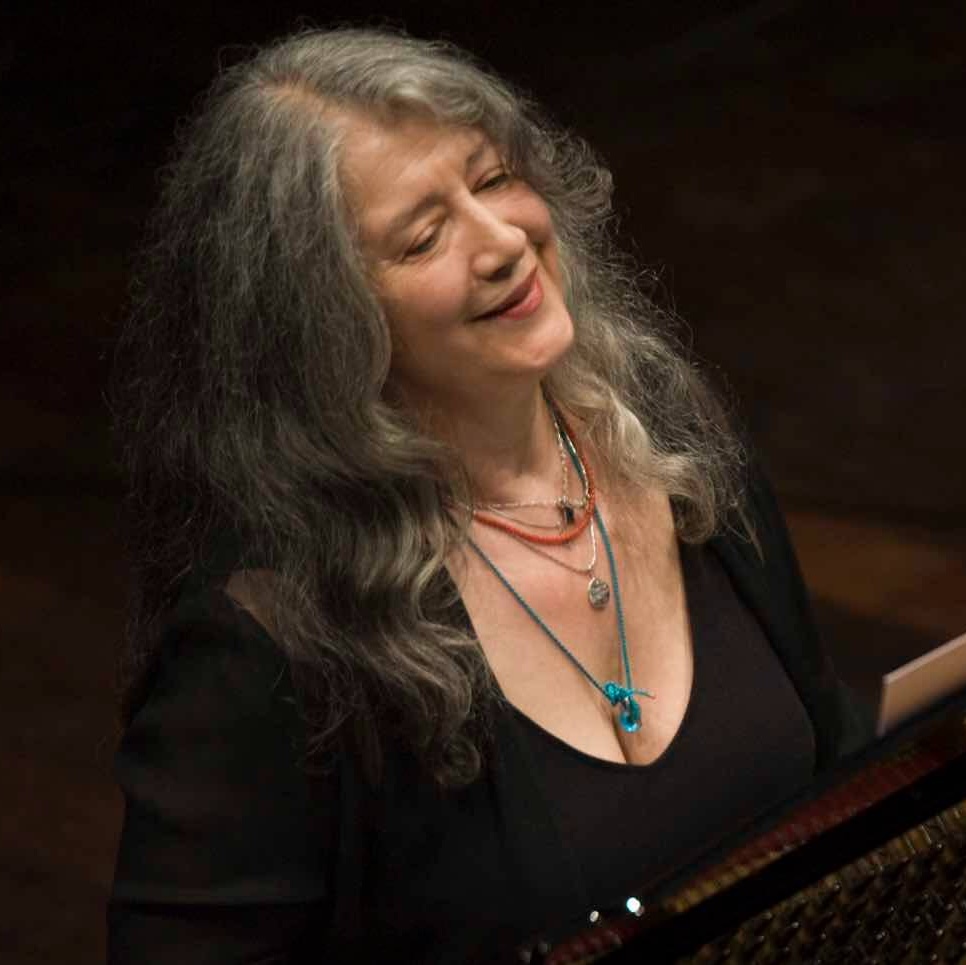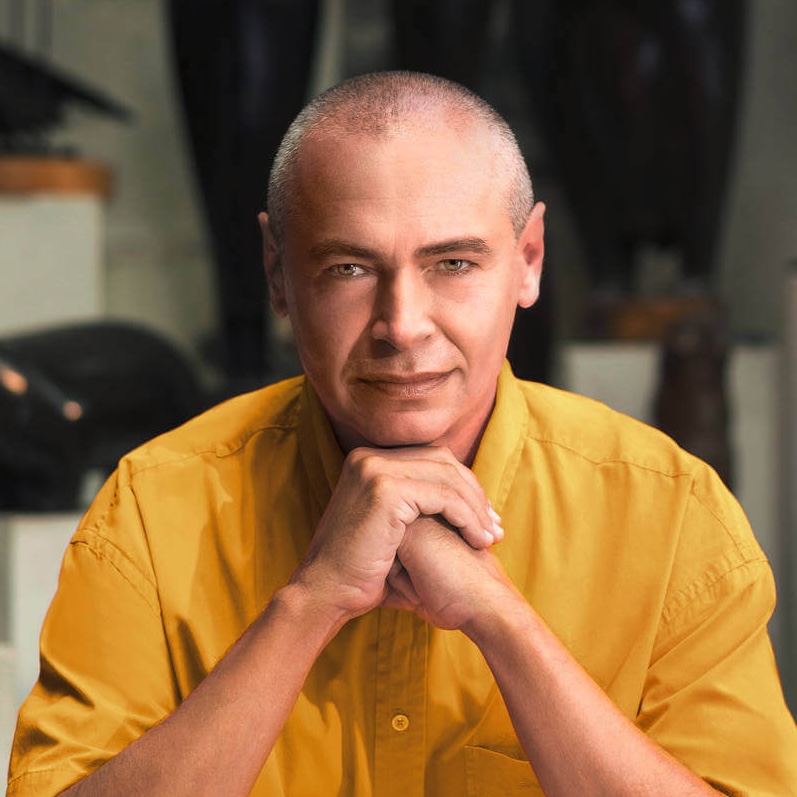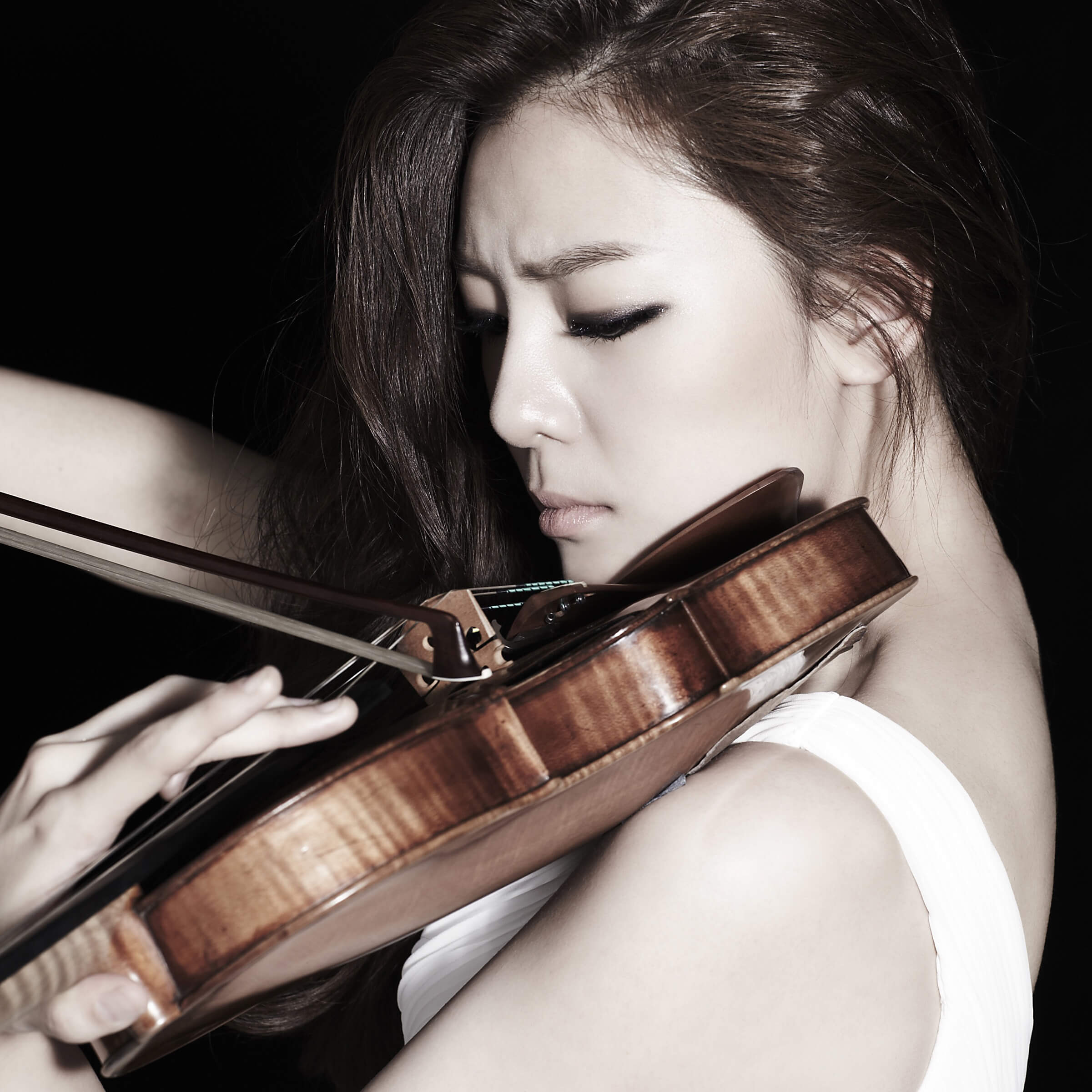Daniel Barenboim
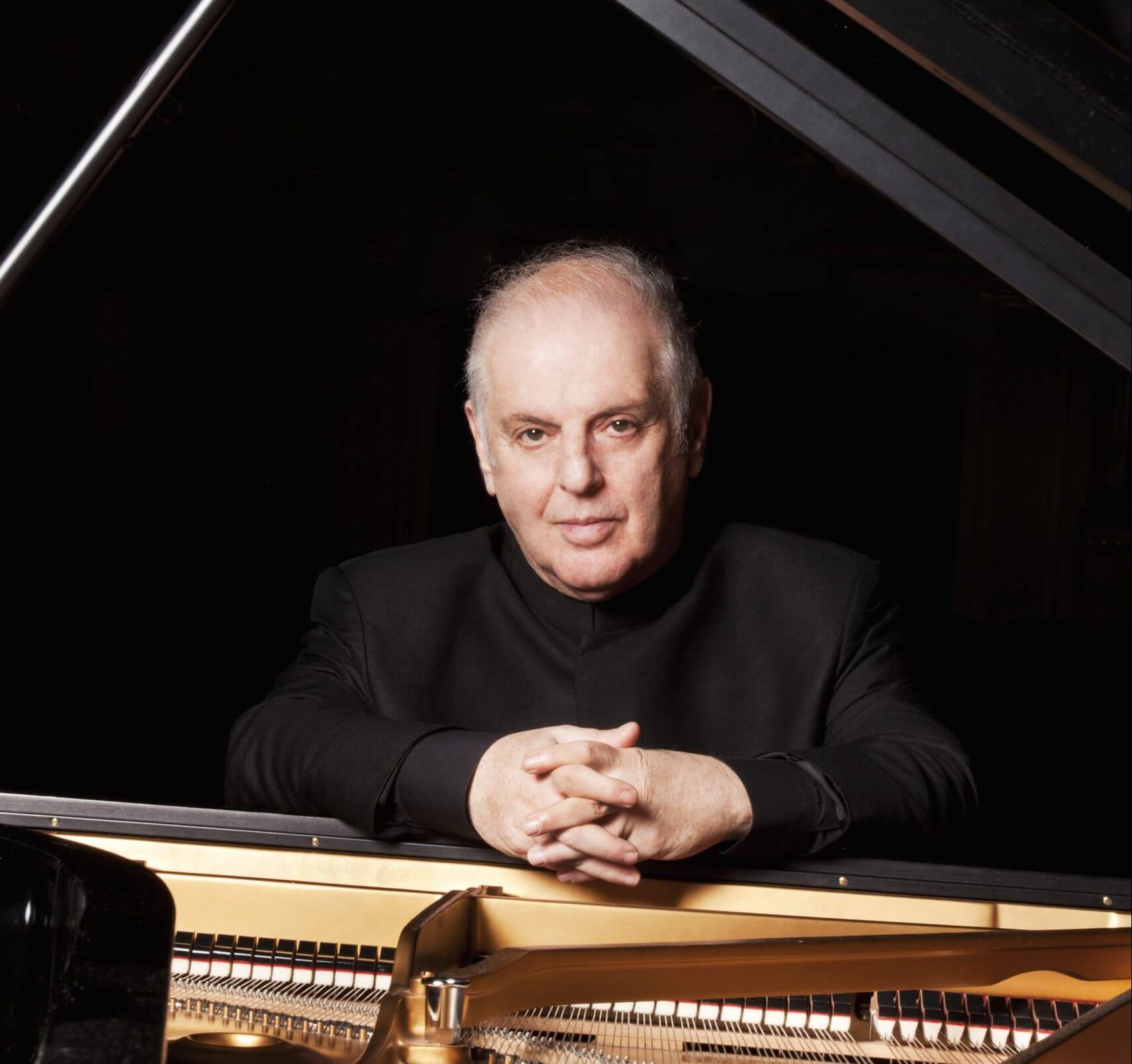
Role
Pianist
Country
Argentina
Daniel Barenboim was born in 1942 in Buenos Aires to Jewish parents of Russian origin. His mother became his first piano teacher at the age of five, and his father remained his sole teacher. In August 1950, at the age of seven, he gave his first recital in Buenos Aires. In 1952, the Barenboim family left Argentina for Israel.
Two years later, in the summer of 1954, his parents took their son Daniel to Salzburg to attend Igor Markevitch's conducting masterclasses. It was during that same summer that he met Wilhelm Furtwängler, for whom he played. In Paris in 1955, Daniel Barenboim studied harmony and composition with Nadia Boulanger.
In 1952 he made his debut as a pianist in Vienna and Rome, and in 1955 in Paris, followed by his debut in London (1956) and New York in 1957 with Leopold Stokowski. From then on, he played regularly in Europe, the United States, South America, Australia and the Far East.
The year 1964 marked the beginning of his first recordings in a repertoire bringing together the greatest works for piano, including complete cycles of sonatas by Beethoven and Mozart, and piano concertos by Mozart, which he performed both as conductor and soloist, but also Beethoven concertos with Otto Klemperer, or conducting with Arthur Rubinstein as soloist, those of Brahms with Sir John Barbirolli and Bartok with Pierre Boulez.
From 1964, Daniel Barenboim devoted himself to conducting. His close collaboration with the English Chamber Orchestra began in 1965 and lasted for over ten years. After his London debut in 1967 with the Philharmonia Orchestra, the greatest European and American orchestras sought out Daniel Barenboim.
Between 1975 and 1989, he was the musical director of the Orchestre de Paris, where commissions and premieres of contemporary works were performed, with performances of works by Lutoslawski, Berio, Boulez, Henze, Dutilleux, Takemitsu, etc.
The year 1973 marked Daniel Barenboim's debut as an opera conductor with a performance of Mozart's Don Giovanni at the Edinburgh Festival. His debut at the Bayreuth Festival was in 1981, where he served as guest conductor for eighteen years, giving performances of Tristan und Isolde, The Ring of the Nibelung, Parsifal, and Die Meistersinger von Nuremberg. In 1991, he succeeded Sir Georg Solti as Music Director of the Chicago Symphony Orchestra, and in 1992 he became General Music Director of the Berlin Staatsoper, which elected him "Conductor for Life."
In 1999, Daniel Barenboim and Edward Said founded the West-Eastern Divan Residencies, which bring together young musicians from Israel and the Middle East each year to work and play together. Daniel Barenboim defines the approach of the "Independent and Sovereign Republic of the West-Eastern Divan," as he likes to call it, "not as a political project, but rather as a forum where young people from Israel, Palestine, and Arab countries can express themselves freely and openly while listening to each other's stories."
Since 2002, the West-Eastern Divan, in residence in Seville, has toured the capitals of Europe and America, with a historic concert in 2005 at the Cultural Palace in Ramallah, a concert at the United Nations, and a residency at the Salzburg Festival in 2007.
Since 2006, Daniel Barenboim has been appointed "Maestro Scaligero" at La Scala in Milan, where he notably directed the new production of Tristan und Isolde directed by Patrice Chéreau, as well as Carmen in 2009. He became musical director between 2012 and 2014.
Daniel Barenboim's work for peace in the Middle East has been recognized with numerous awards. These include the prestigious Prince Asturias Award for Concord in 2002, jointly with Edward Said, as well as Germany's highest distinction, the Grosses Bundesverdienstkreuz, awarded exclusively to heads of state. He also won the prestigious Ernst von Siemens Award in 2006 and was awarded the Wolf Prize in Israel.
Daniel Barenboim has published several works: A Life in Music (1991), Parallels and Paradoxes (2002), co-written with Edward Said, as well as in August 2008 Music Awakens Time published by Editions Fayard. Editions Feltrinelli (Milan) published in 2009, about Tristan und Isolde Dialoghi su Musica e teatro (2008) with Patrice Chéreau, Music is a Whole: Ethics and Aesthetics (2012).
The Barenboim-Said Academy, founded in 2015 to train musicians from the Middle East, is complemented by the construction of a concert hall in Berlin named after Pierre Boulez, which opened in March 2017. Since autumn 2016, the academy has been offering a four-year program in music and humanities to students primarily from the Middle East. The Boulez Ensemble, founded by Daniel Barenboim, is resident there.
Thank you! Your submission has been received!
Oops! Something went wrong while submitting the form.
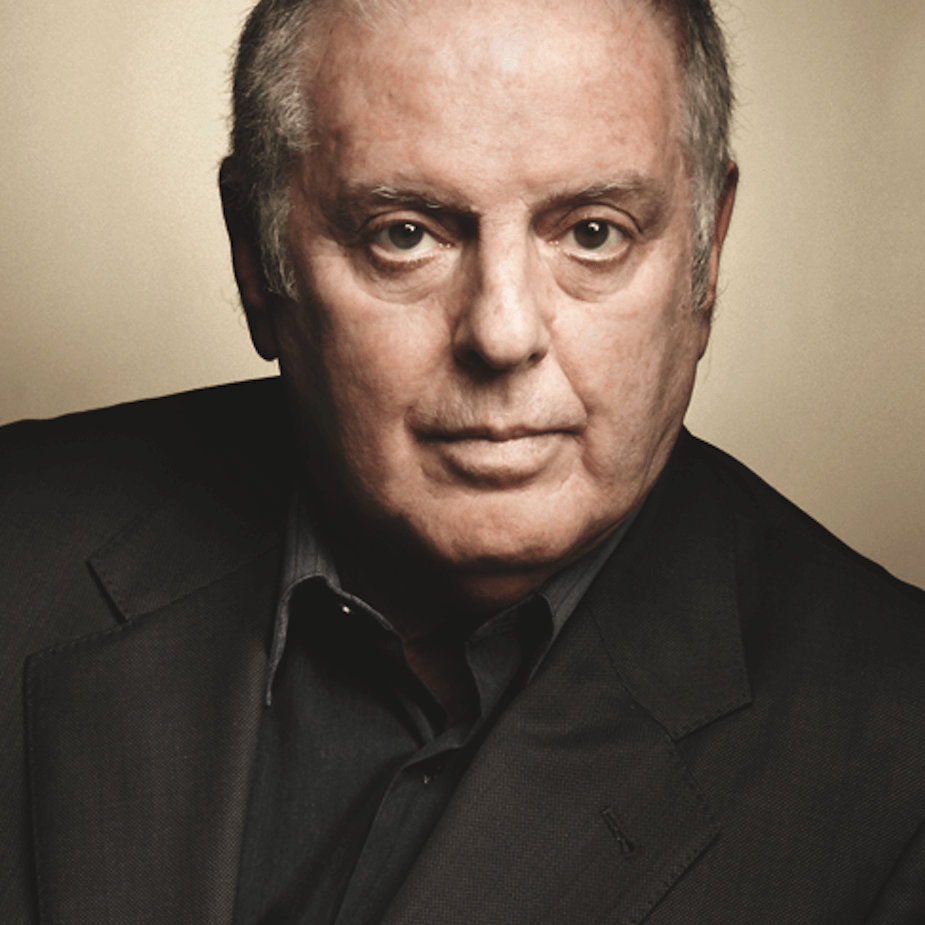

%2520copy.jpeg)
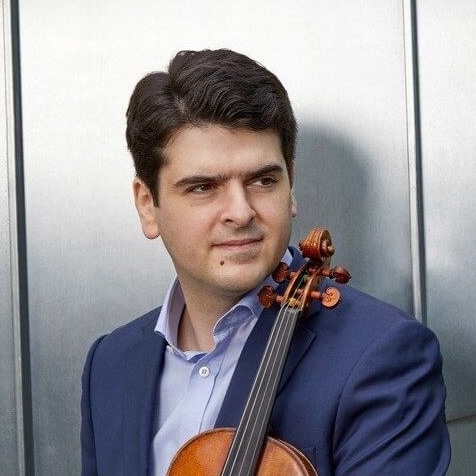
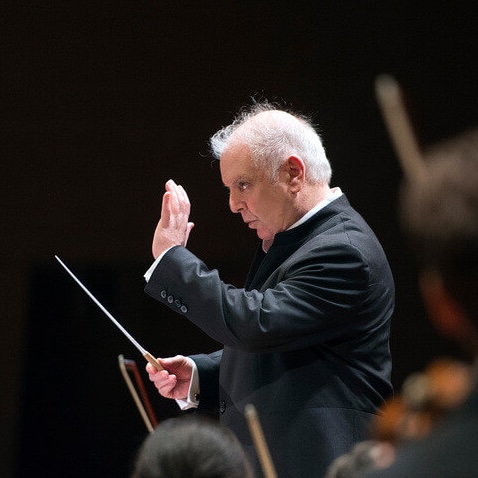
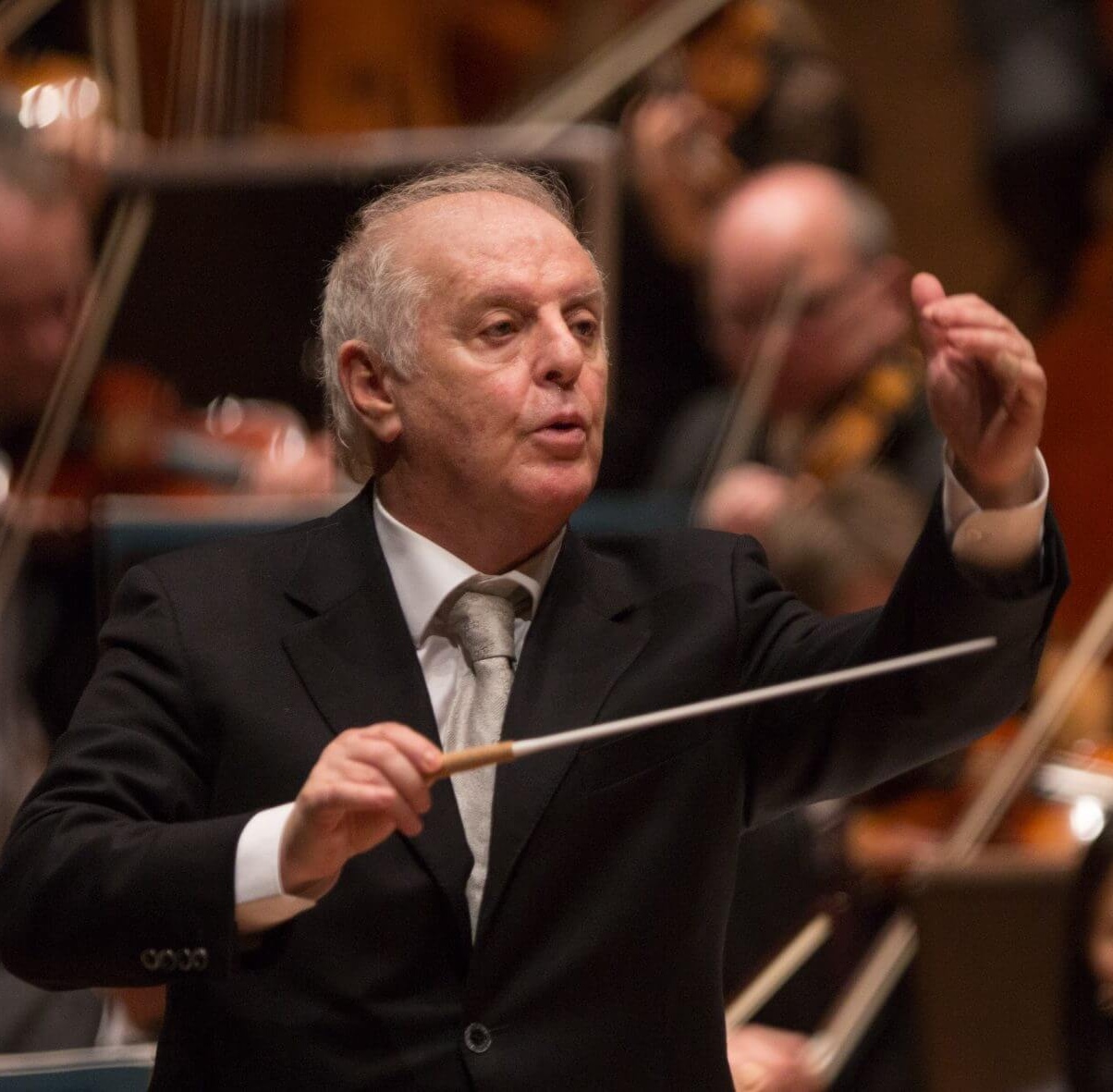
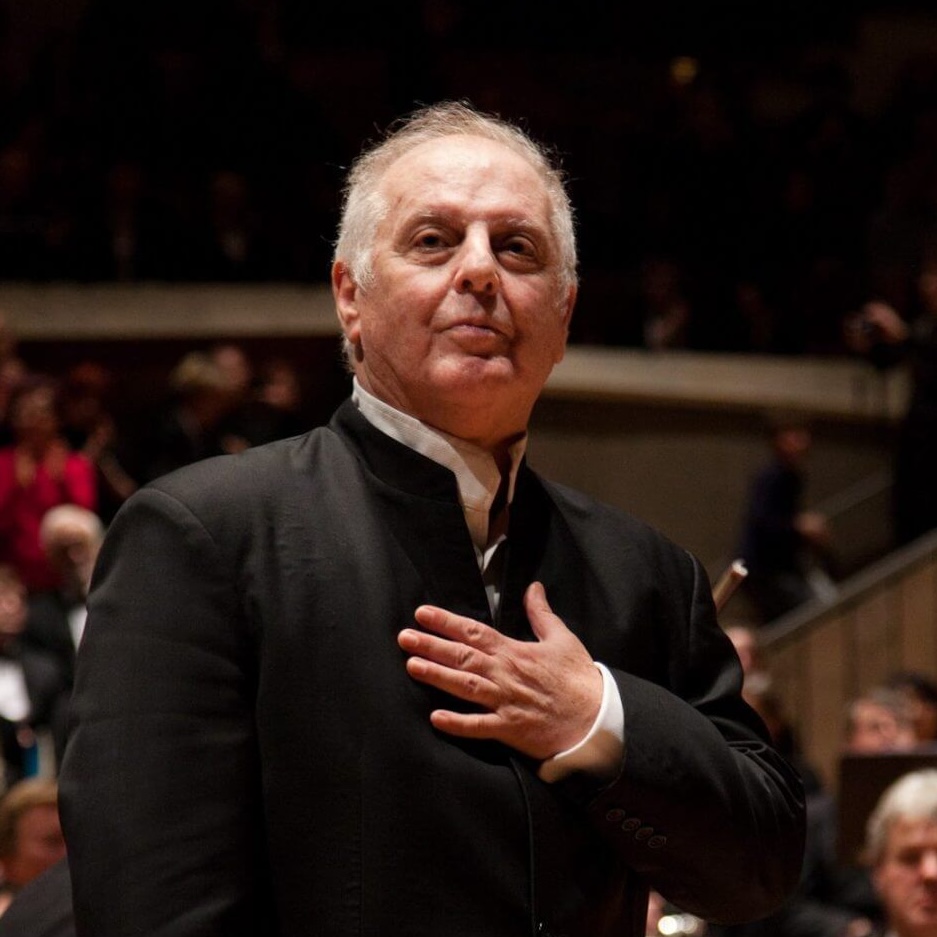
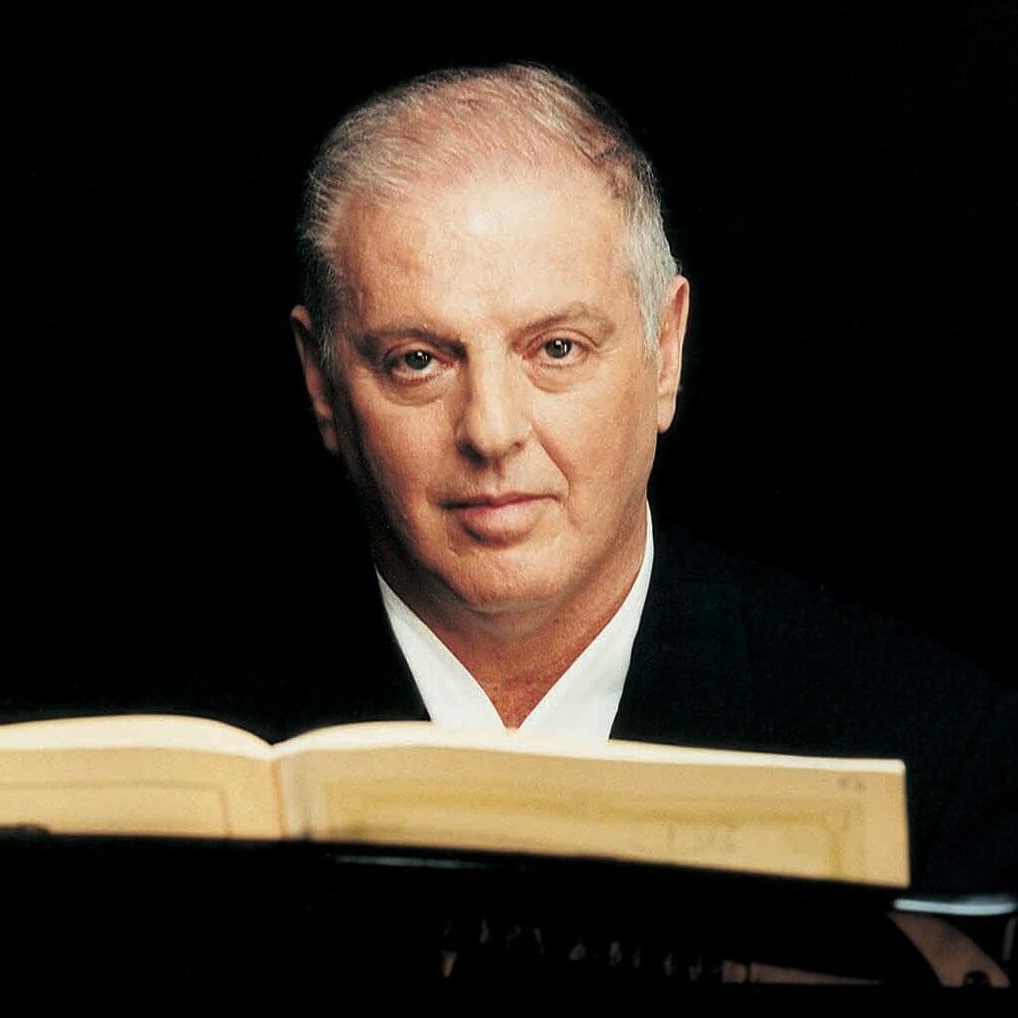
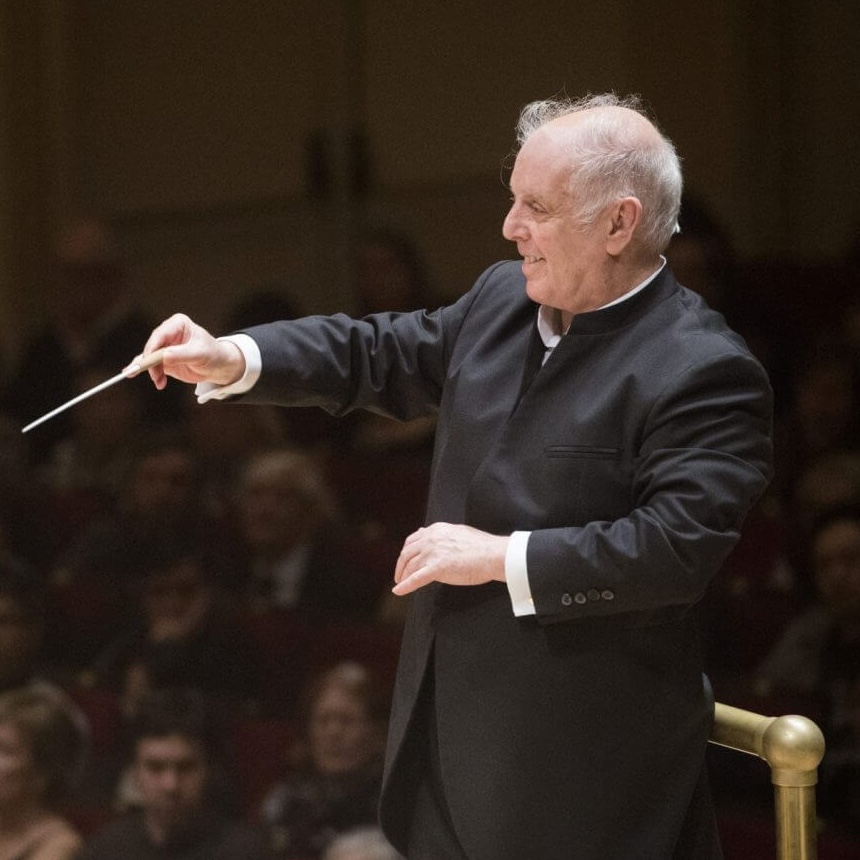
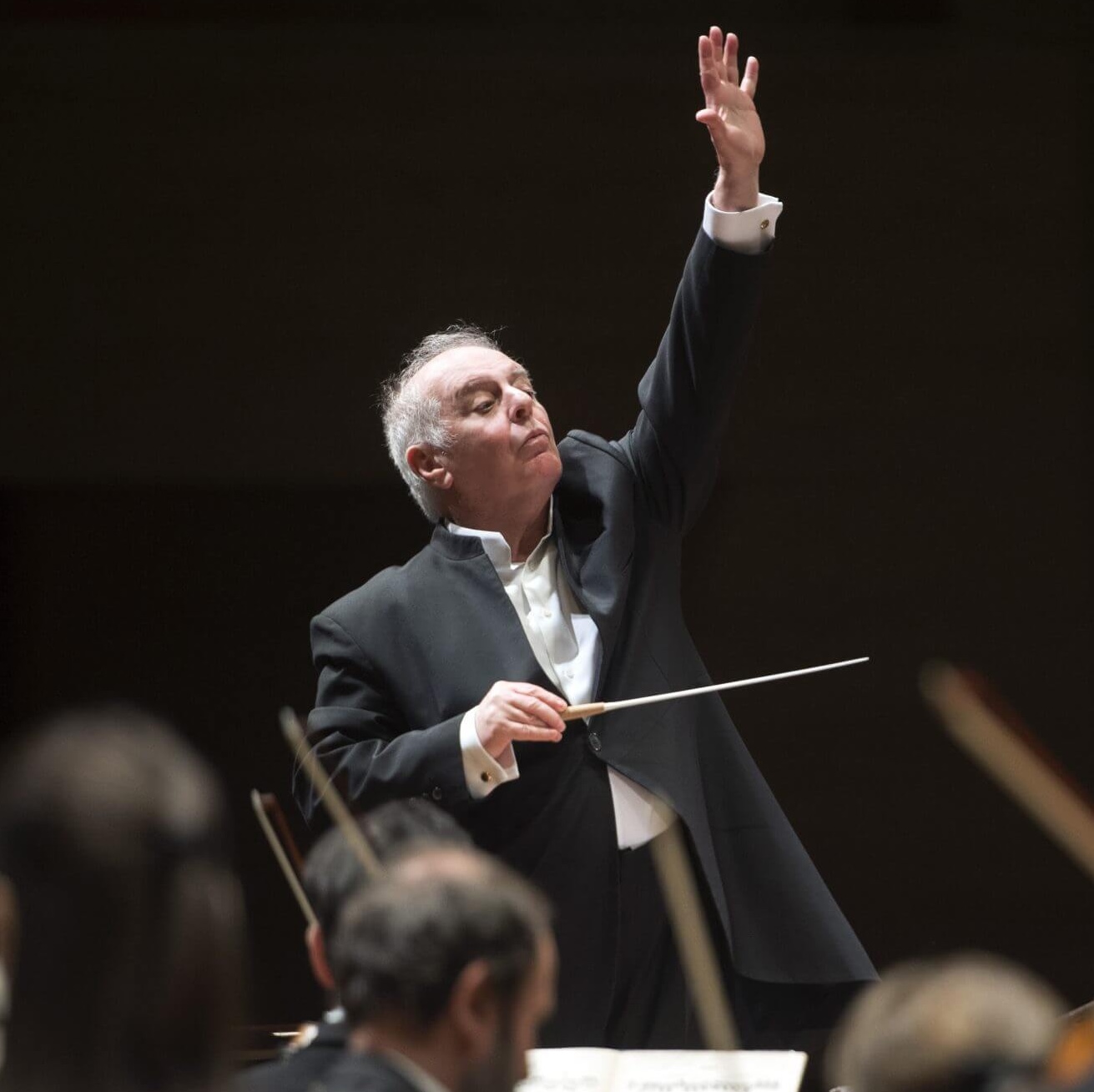
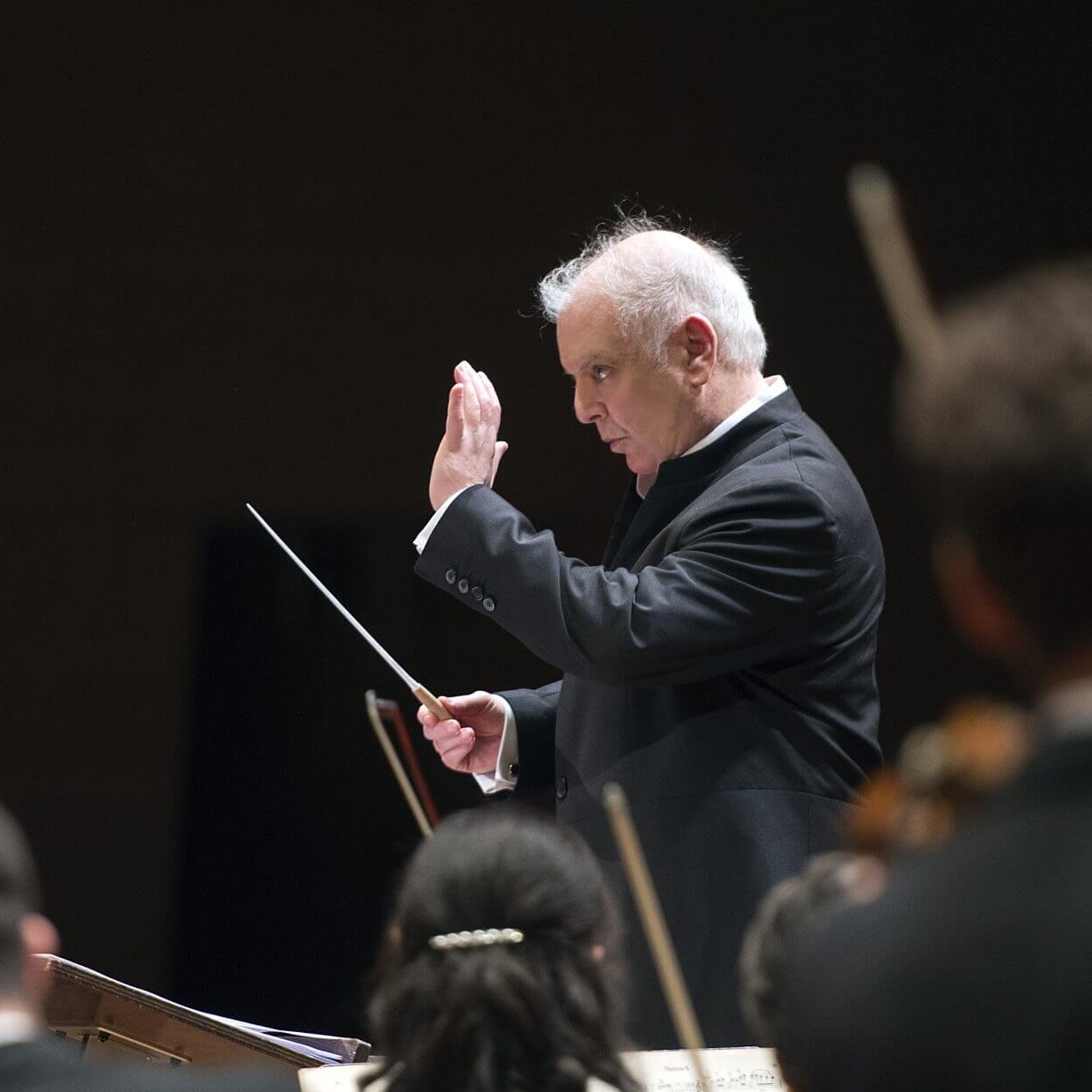
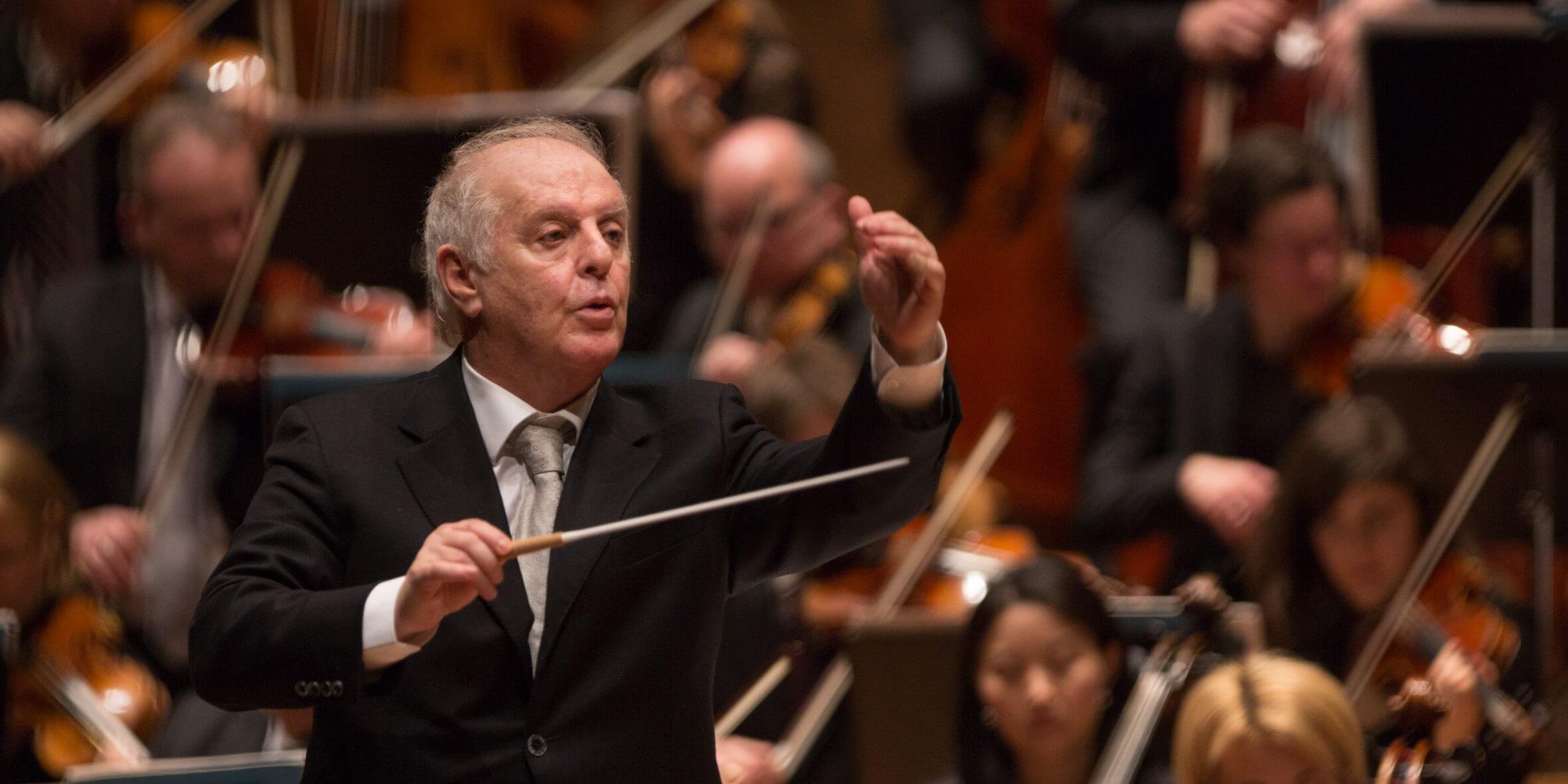
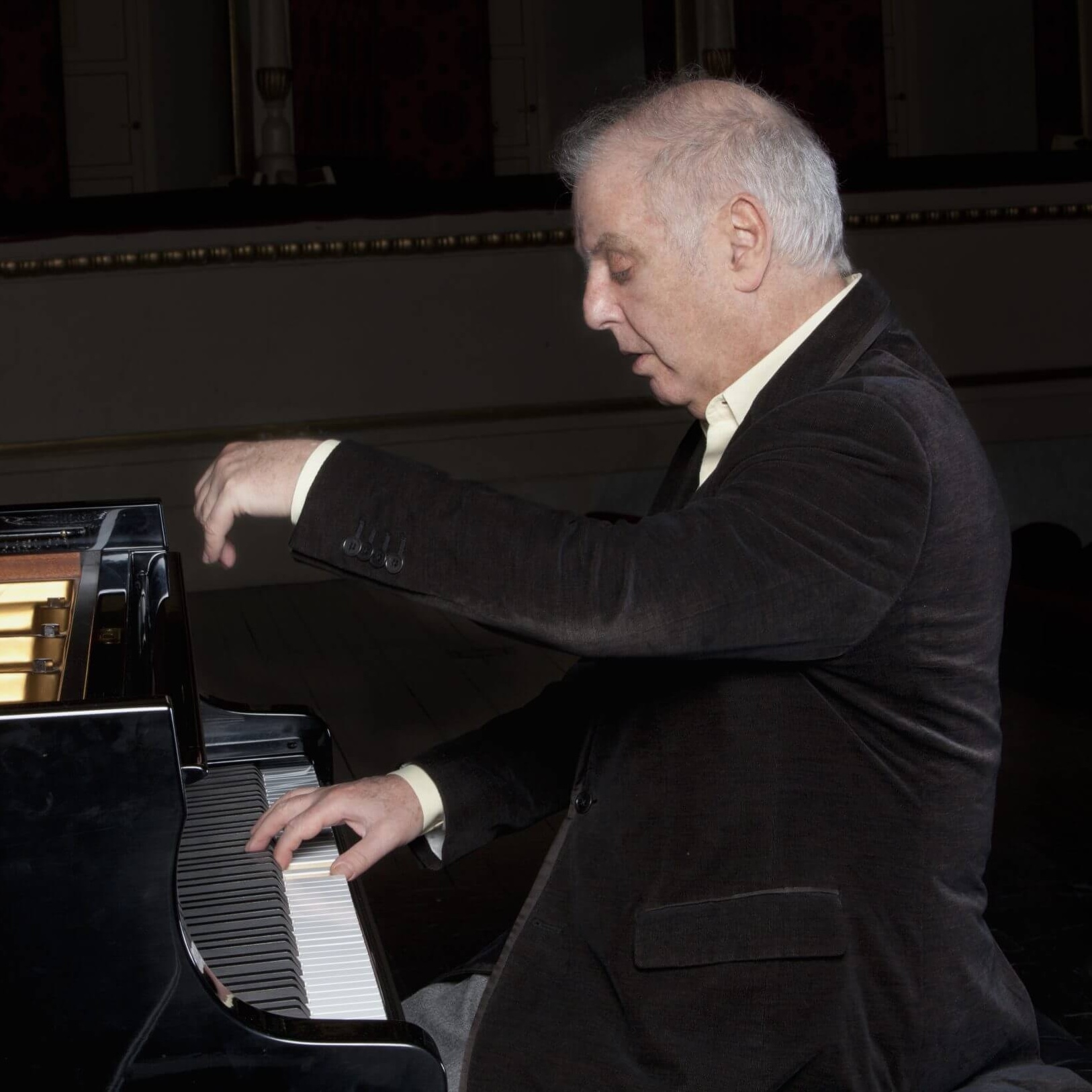
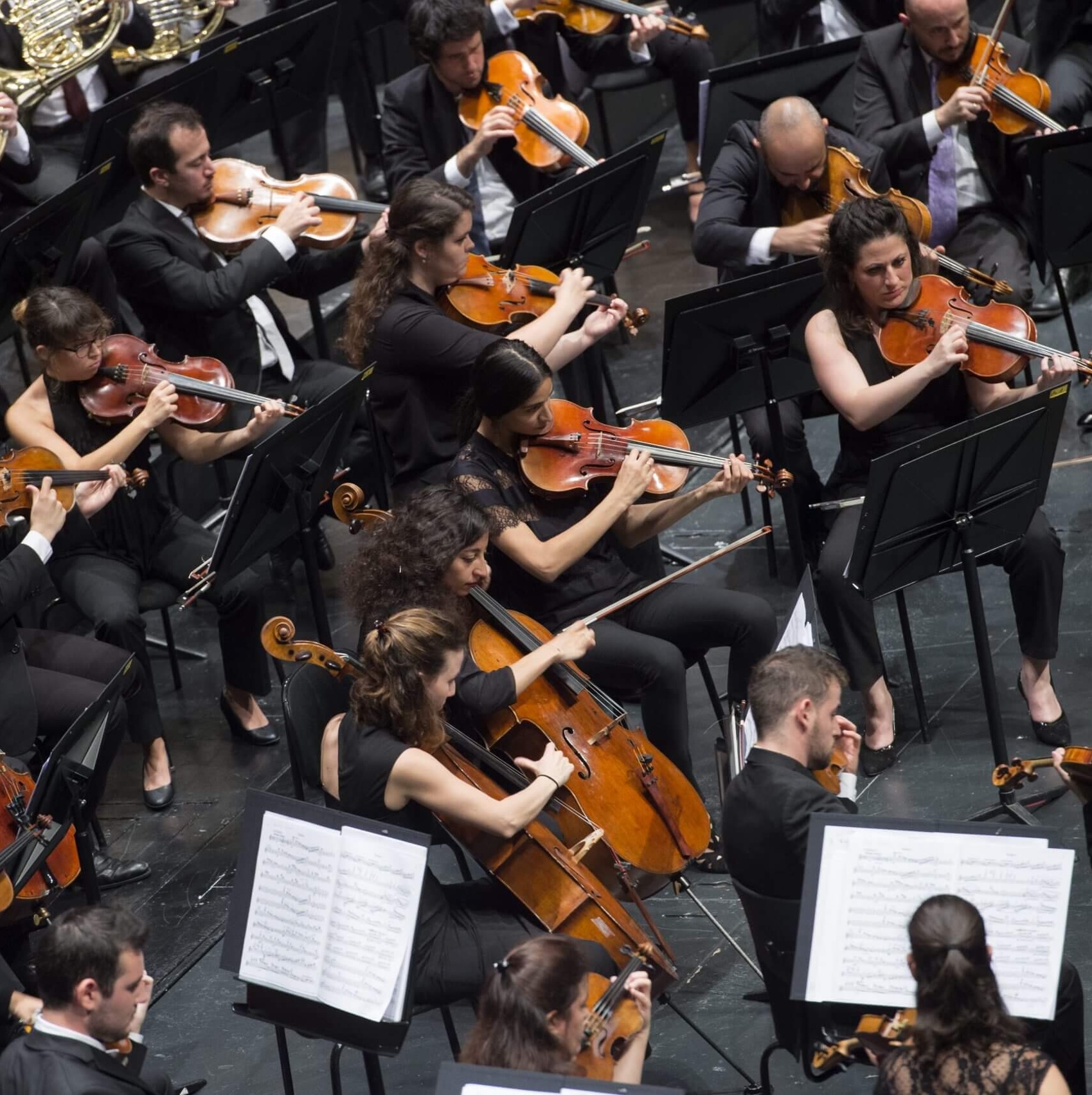
.jpg)


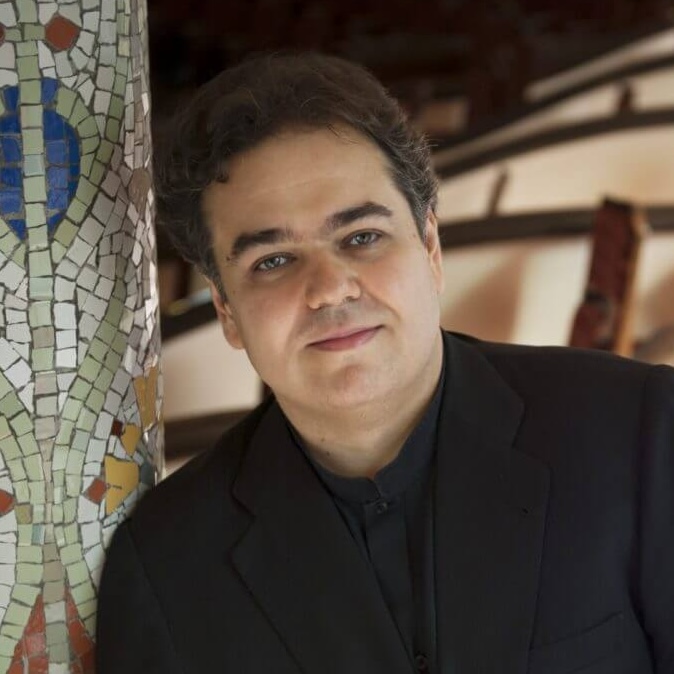
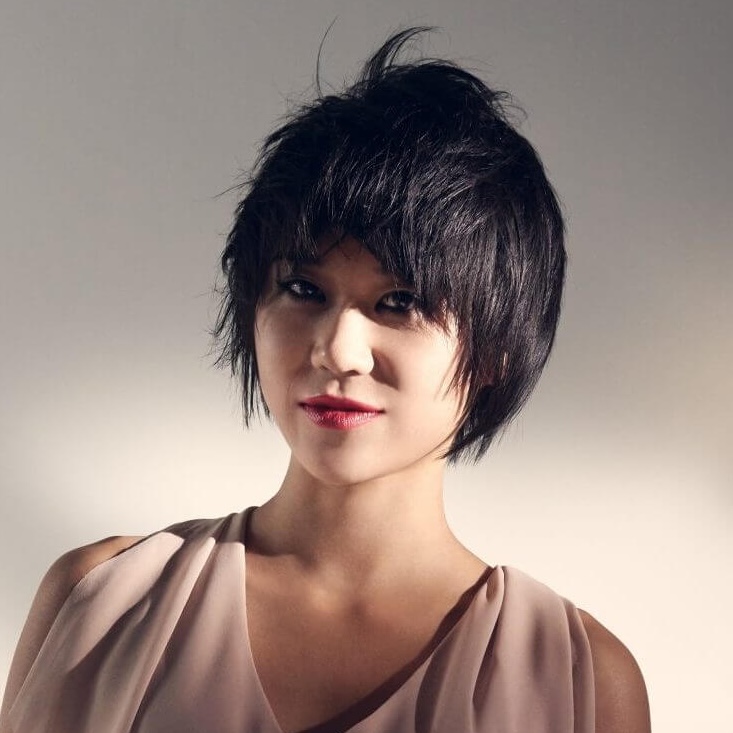
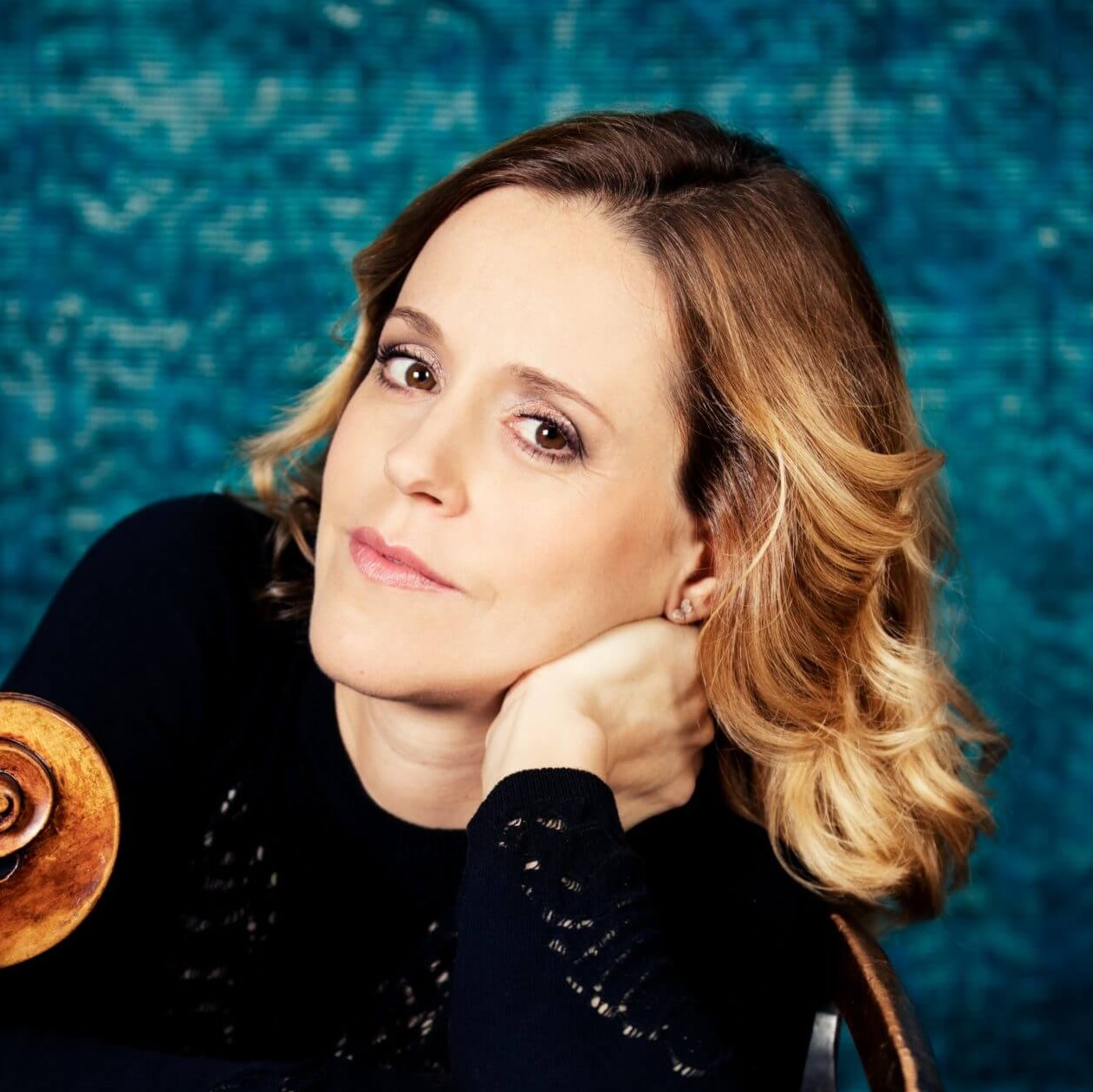
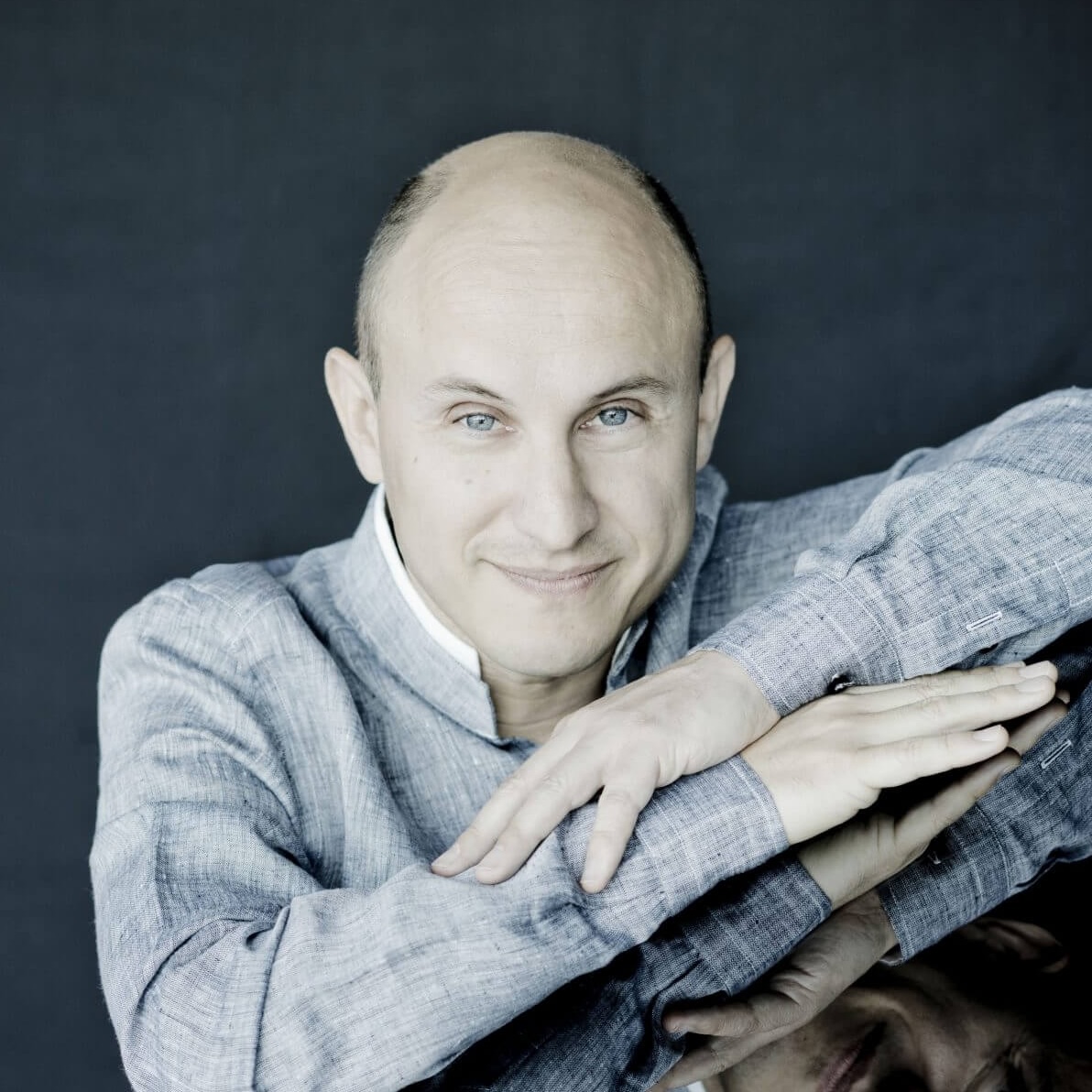
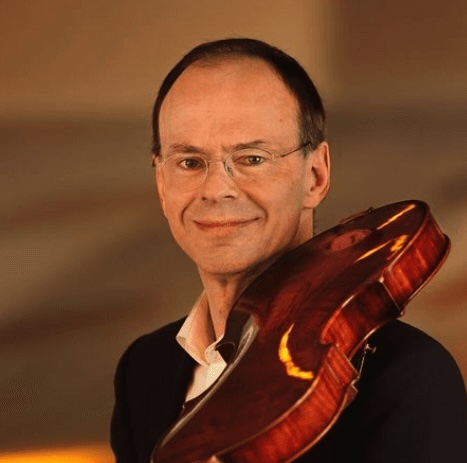
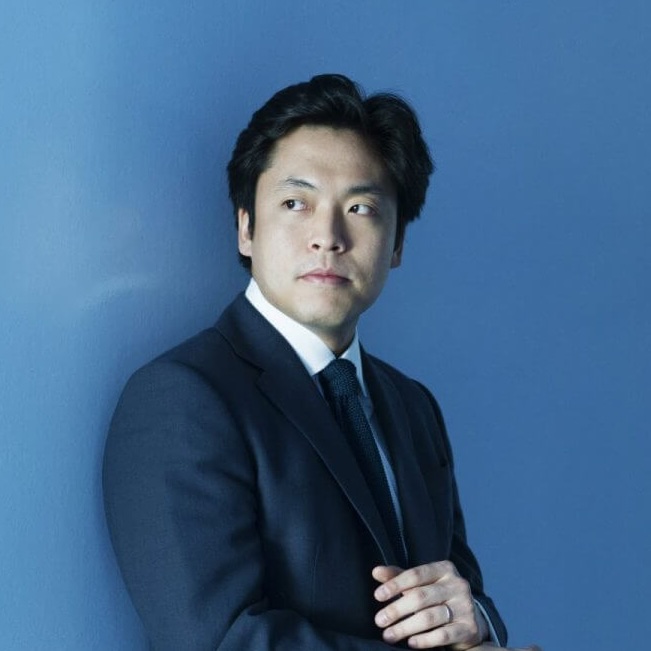
Marco%20Borggreve_1.jpg)
